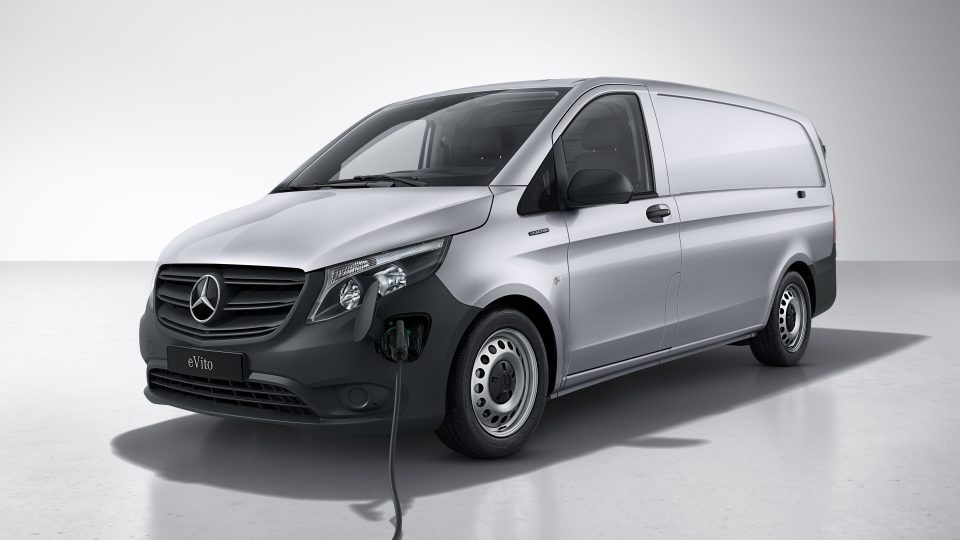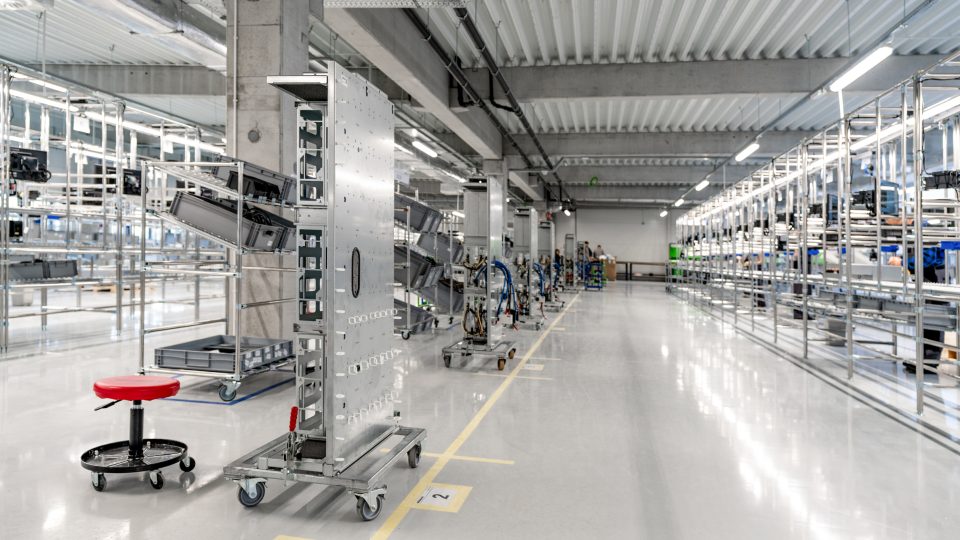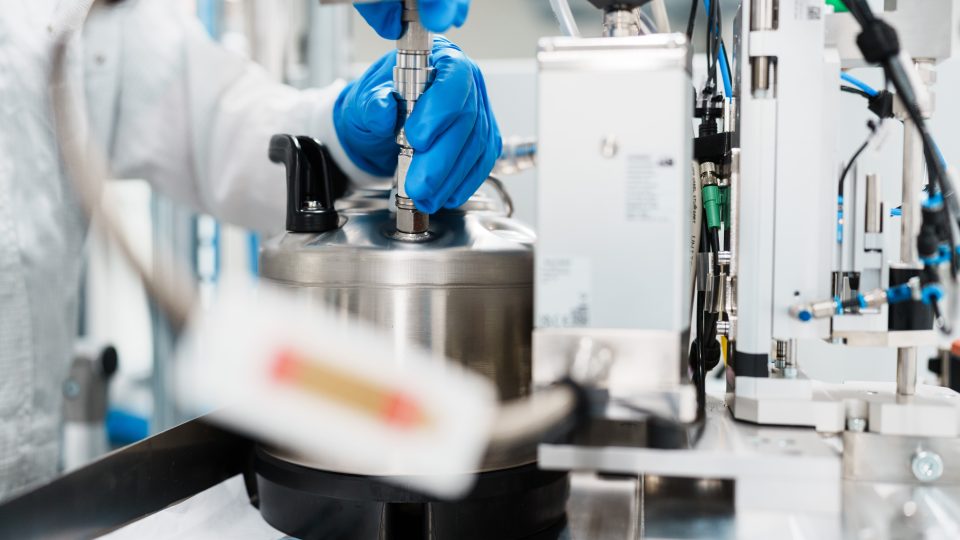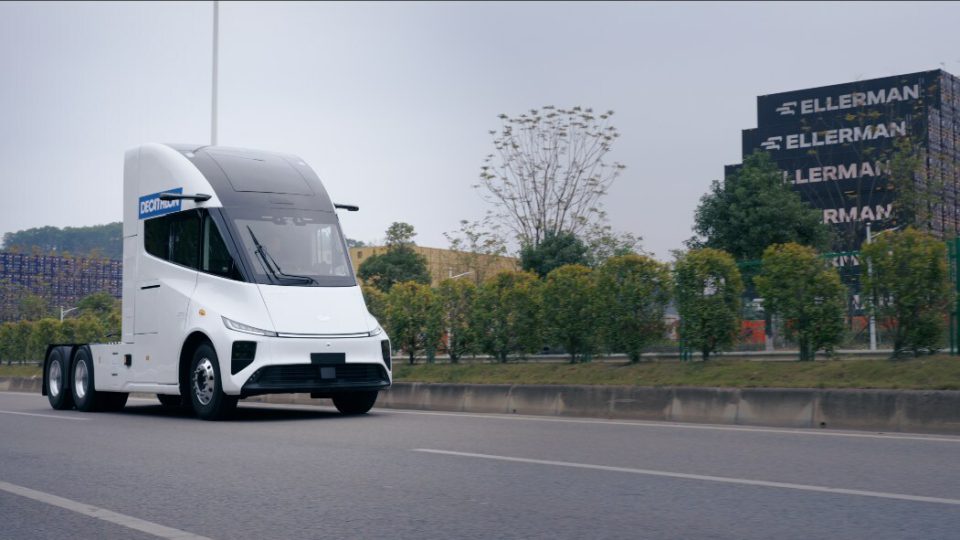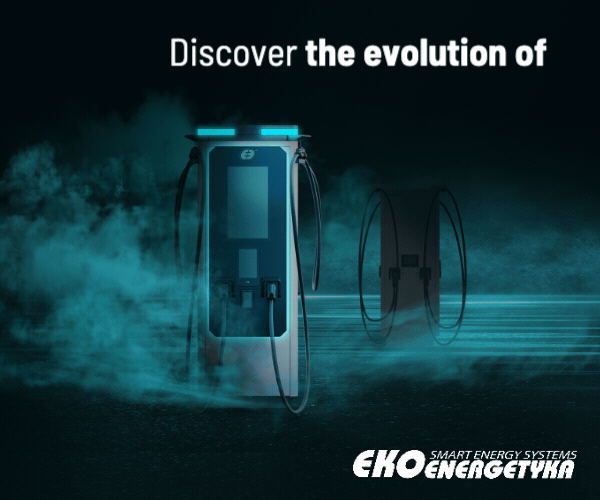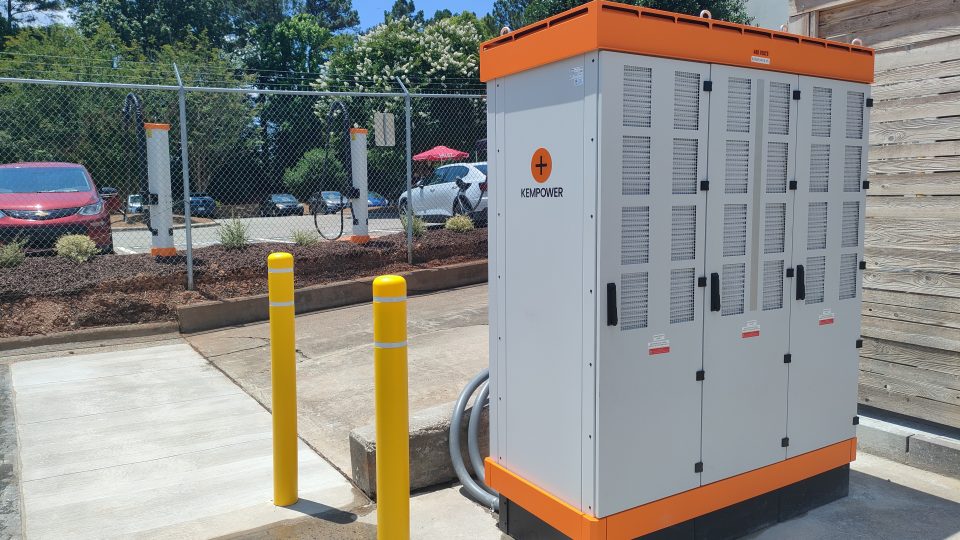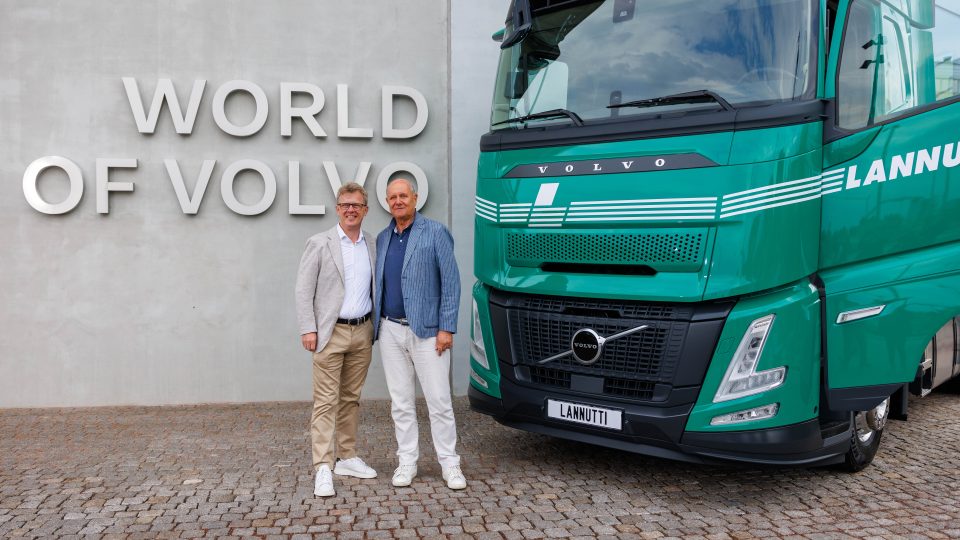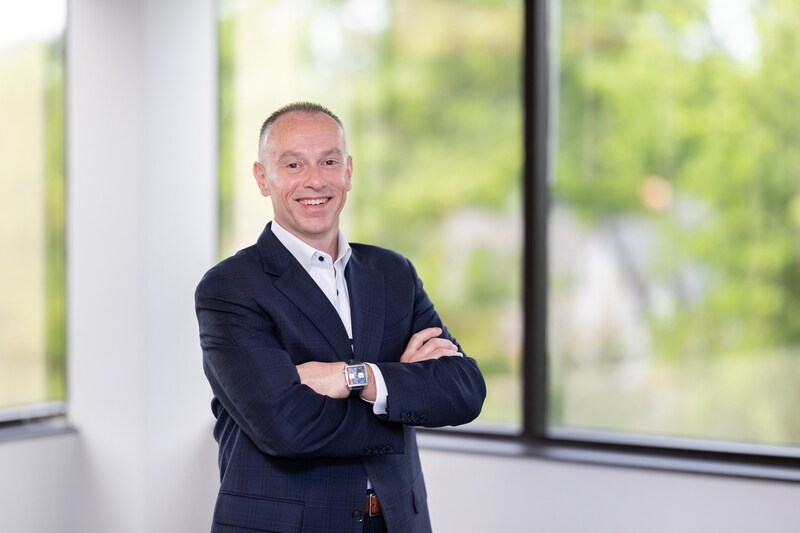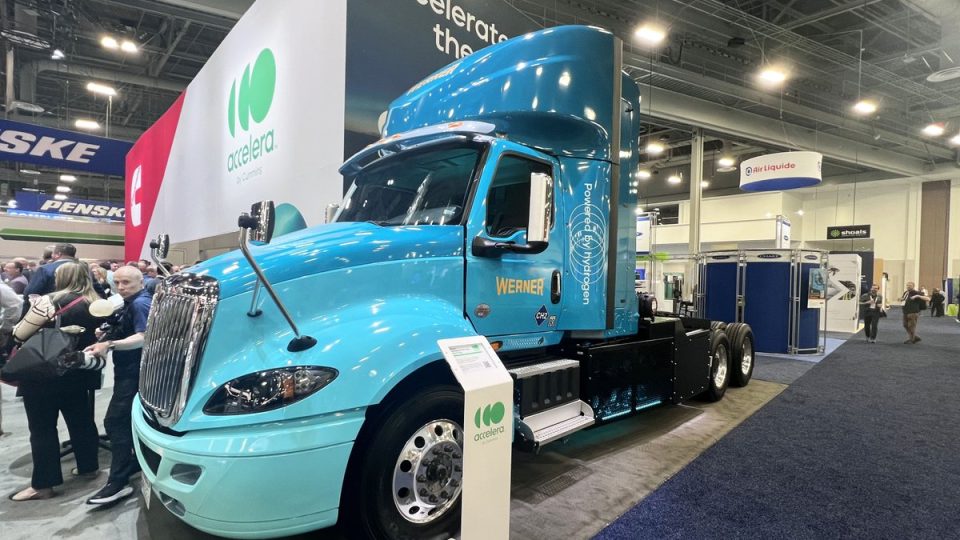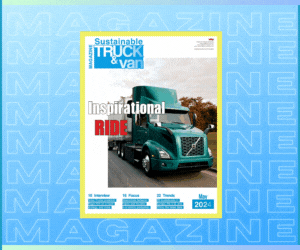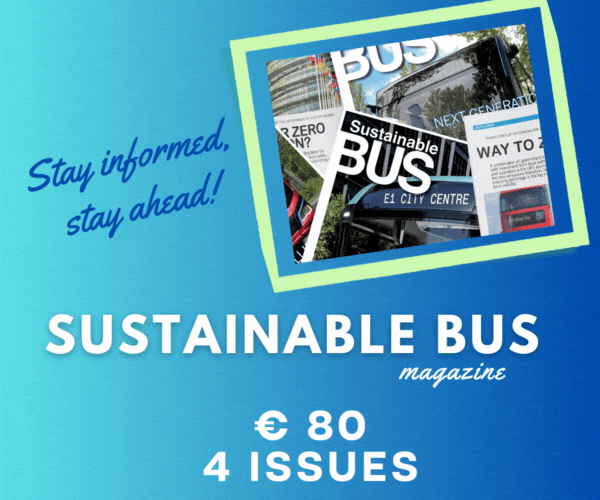Battery recycling, Mercedes-Benz will build its own plant in Germany
Construction of the plant is in two stages. Initially, a plant for mechanical dismantling will be constructed by 2023. As a second step - subject to promising discussions with the public sector - the facilities for hydrometallurgical processing of the battery materials are to go into operation. This means that in the future, Kuppenheim could cover all the stages from dismantling to module level, shredding and drying and subsequent processing of battery-grade material flows.
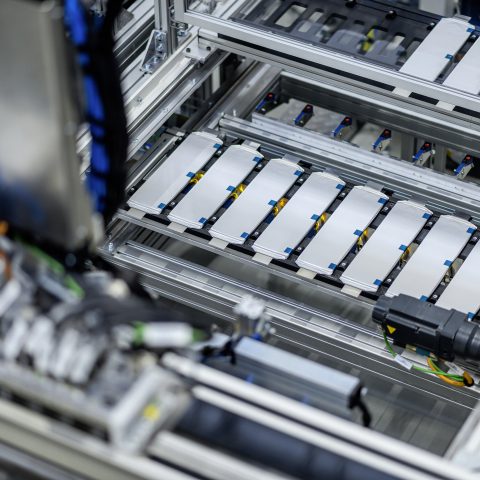
In view of lithium-ion automotive battery recycling, Mercedes-Benz announced the intention to open its own recycling plant in Germany. Of course, we’re mainly talking about passenger cars, but the plan also potentially concerns the light commercial vehicle sector as well. To this end, Mercedes-Benz has founded LICULAR GmbH as a wholly owned subsidiary. For the conceptual design and construction of the facilities, LICULAR GmbH plans to cooperate with the technology partner Primobius, which as a joint venture of the German mechanical engineering company SMS group and the Australian project developer Neometals is contributing the necessary technological know-how, including the relevant preliminary investigations, to the project.
Mercedes-Benz for battery recycling
«Mercedes-Benz is pursuing a clear goal with a view to conserving resources: a maximum circular economy for all raw materials used», said Jörg Burzer, Member of the Board of Management of Mercedes-Benz Group AG, Production and Supply Chain Management. «Sustainable battery recycling is a key factor in this – worldwide. With our new recycling plant at the Kuppenheim location, we are increasing the recycling rate to more than 96 percent while expanding our own expertise in the area of battery value creation. Through targeted collaborative ventures with high-tech partners in China and the U.S., we are globalizing our battery recycling strategy and taking a decisive step toward closing the recycling loop in e-mobility».
Potrebbe interessarti
Solid-state batteries, Mercedes-Benz to partner with Taiwanese specialist ProLogium
The project is intended to set standards in terms of battery recycling from an ecological point of view: the process design of the patented hydrometallurgy with recovery rates of more than 96 percent is expected to allow a holistic circular economy of battery materials. Mercedes-Benz is investing a double-digit million euro amount in research and development, as well as in the construction of the CO2-neutral pilot plant at the Mercedes-Benz location in Kuppenheim in southern Germany. The project has received the prospect of funding under the Battery Innovation Support Program of the German Federal Ministry of Economics and Climate Protection. The direct integration of hydrometallurgy into the overall concept of a recycling plant is a first in Europe, and acts as a key element in the realization of sustainable battery recycling in the sense of a true circular economy.
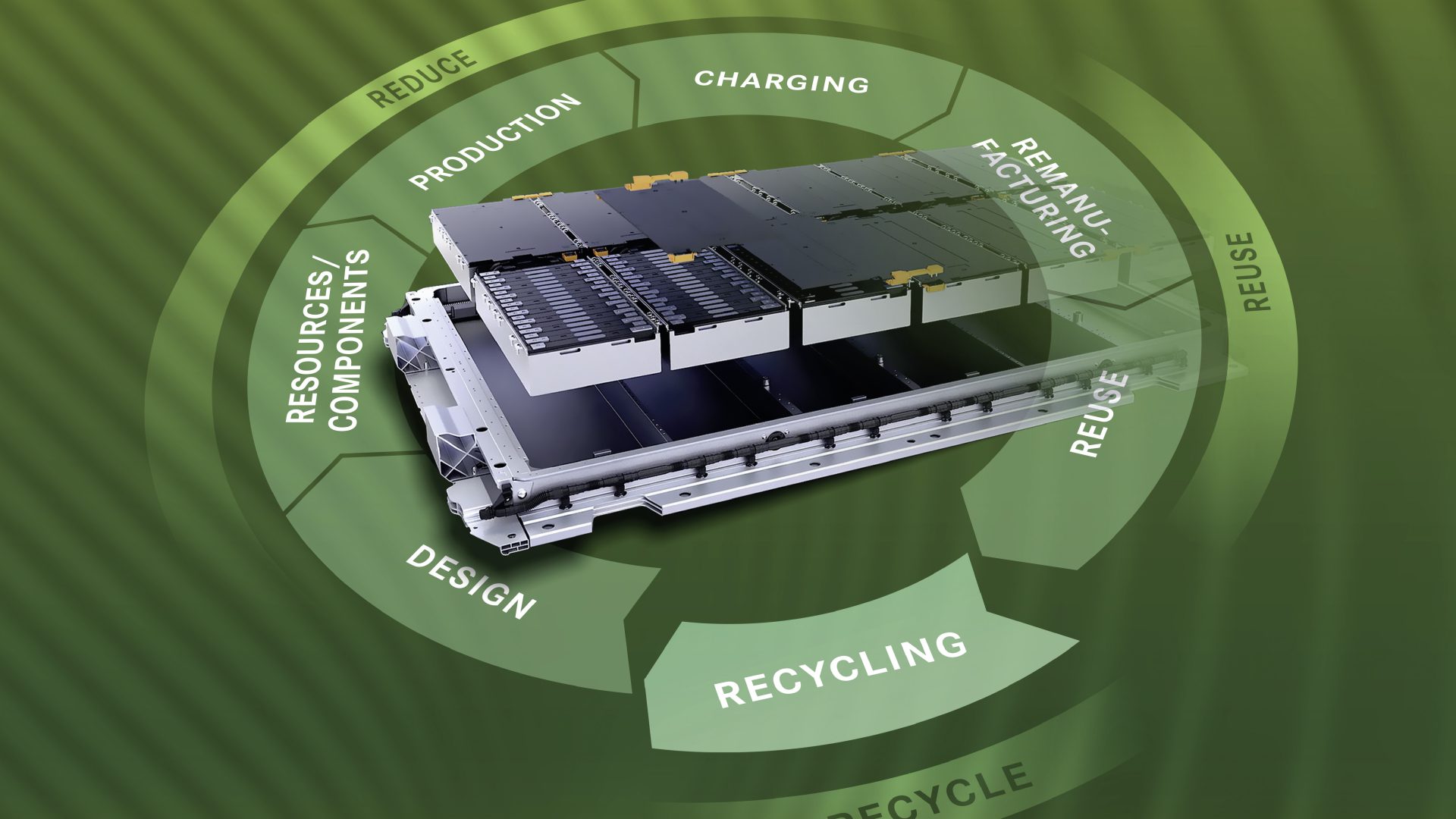
The pilot plant with annual capacity of 2,500 tonnes
Construction of the plant is in two stages. Initially, a plant for mechanical dismantling will be constructed by 2023. As a second step – subject to promising discussions with the public sector – the facilities for hydrometallurgical processing of the battery materials are to go into operation. This means that in the future, Kuppenheim could cover all the stages from dismantling to module level, shredding and drying and subsequent processing of battery-grade material flows. The pilot plant is expected to have an annual capacity of 2,500 tonnes. The recovered materials will be fed back into the recycling loop to produce more than 50,000 battery modules for new Mercedes-EQ models. Based on the findings of the pilot plant, production volumes could be scaled up in the medium to long term.




